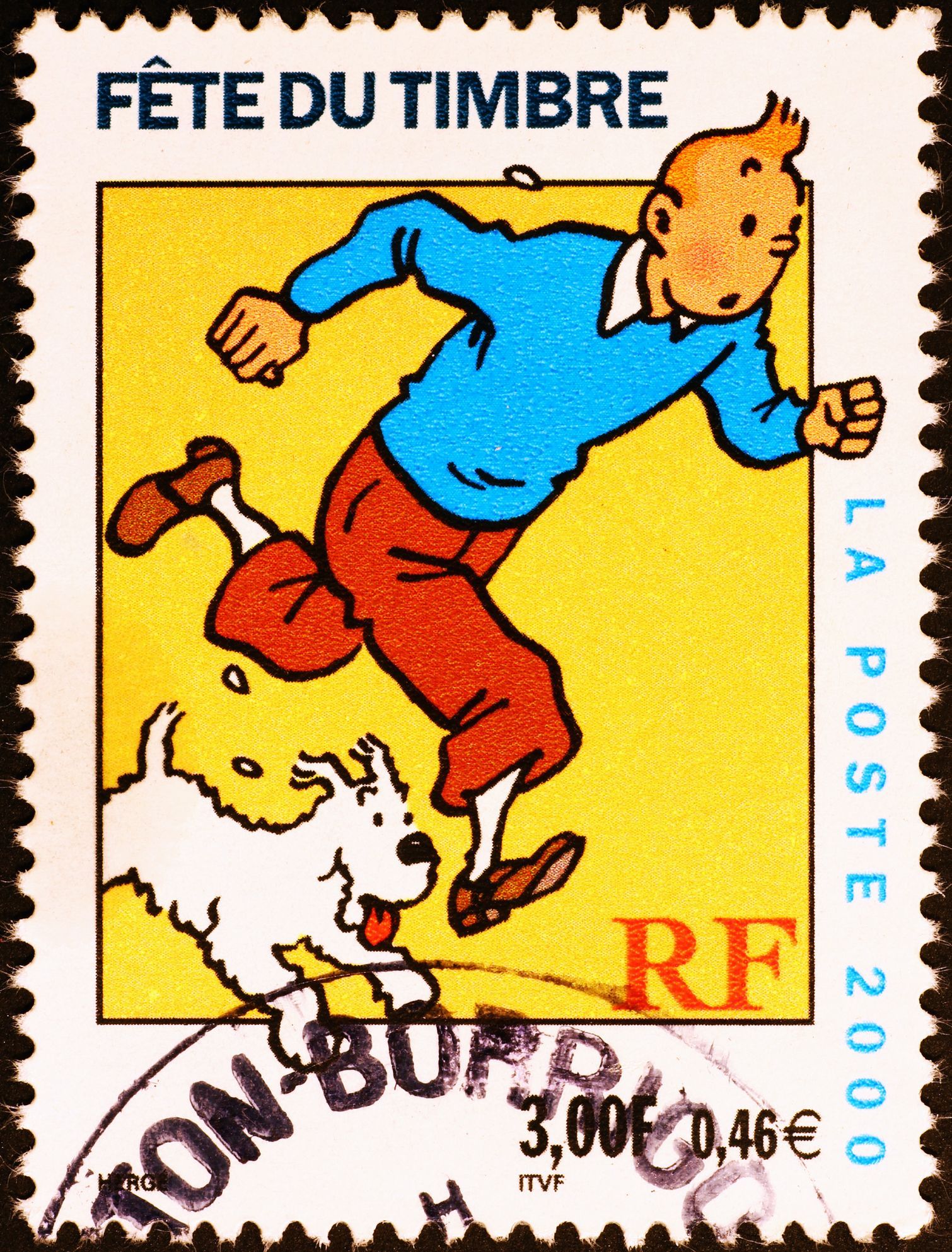New Paragraph
Is Copyright for Forever?
A Look at Copyright and Contracts

Generally, copyright term in the United States is set at the life of the author plus 70 years (the length varies for corporate, pseudonymous, and work-for-hire creations). This means that an author’s heirs stand to benefit from the intellectual property (the book or “work”) that was created, and that potential revenue generation is one of the primary drivers for authors to get their work published and sold.
When an author contracts their work with a publisher, the publisher will generally have the rights to publish that work for the full term of copyright. These rights–spelled out in the author contract–are technically a license of certain rights that the author has in their work to the publisher, rather than a full transfer of all rights provided by copyright. The contract provides the limitations on the publisher for the “use” of the work, and those rights have a beginning and an end. So even though an author contract states that the rights to publish are transferred to the publisher for the full term of copyright (life of author plus 70 years), it’s still use in a limited scope.
But the author doesn’t *have* to keep their book with one publisher for that long of a term because of certain exceptions provided in the contract or by U.S. copyright law, and once those exceptions are applied, the author can receive their rights back (a “reversion of rights”) and either take their work to another publisher, publish it on their own, or otherwise negotiate other licenses for the work without their original publisher being involved at all. One exception may be found in the author contract itself. Many trade author contracts contain a provision wherein an author can regain their work once the book has been deemed “out of print” for falling below a certain sales threshold. Another exception–provided by U.S. copyright law–allows for the author to request their rights back within a five year period beginning 35 years after the initial publication OR 40 years after the grant of rights, whichever comes first.
Publishing isn’t the only venue where this rights reversion comes into play. Perhaps the most famous (and recent example) of an artist reclaiming all of their rights to their work comes from music icon Taylor Swift. Her recent re-release of her entire catalog under her own label was made possible by a
provision in her contract with her former record label that allowed her to do so a mere three years after leaving the label.
Of course, most publishers (and record labels) would LOVE for their authors and creators to stay with them for the long term. In most cases, authors will stay put simply because it is the easier path to be published and continue receiving compensation for their hard work. But copyright is not always for forever, and the door to regaining your copyright is not permanently locked when you know your rights.
If you need help understanding your author contract, let GPC help you by
scheduling a contract review with one of our experts.
Looking for more information?
© 2014 - 2025 Gryphon Publishing Consulting, LLC All Rights Reserved.
Site Designed & Hosted with SimplicityDMS.com



